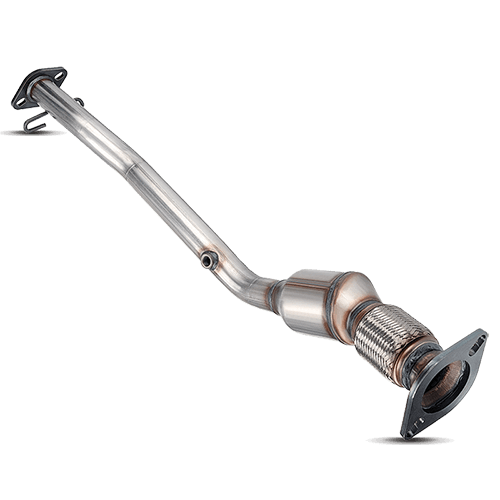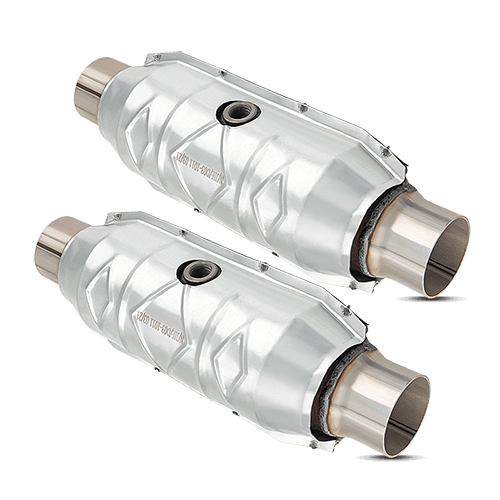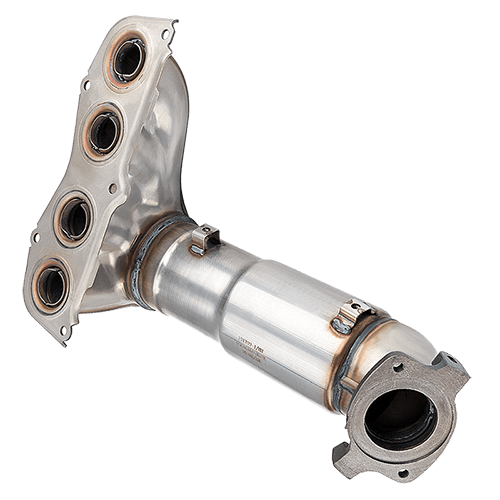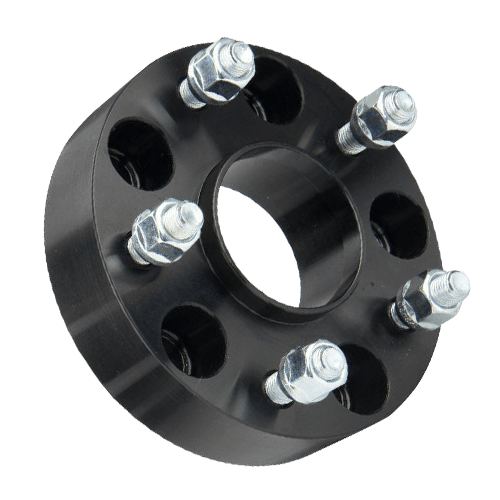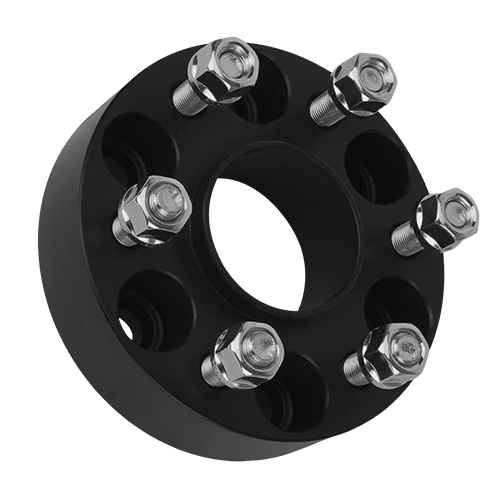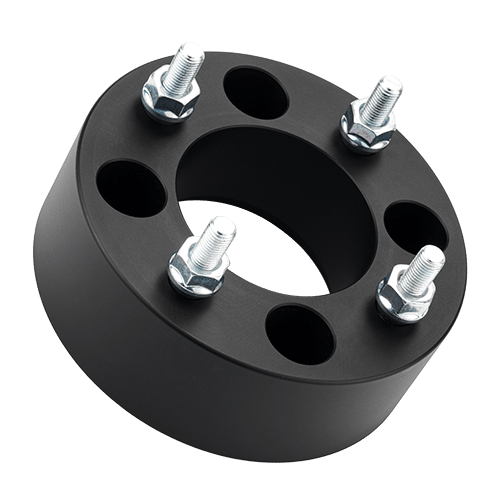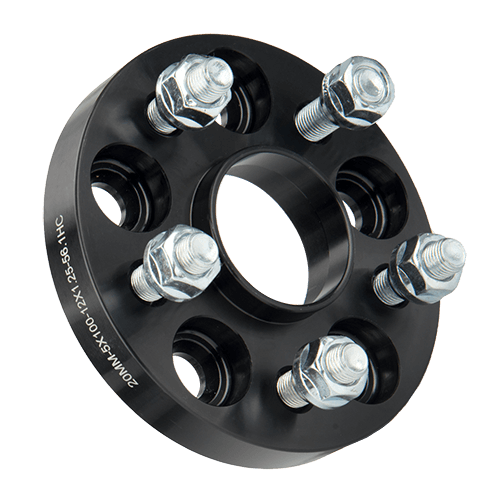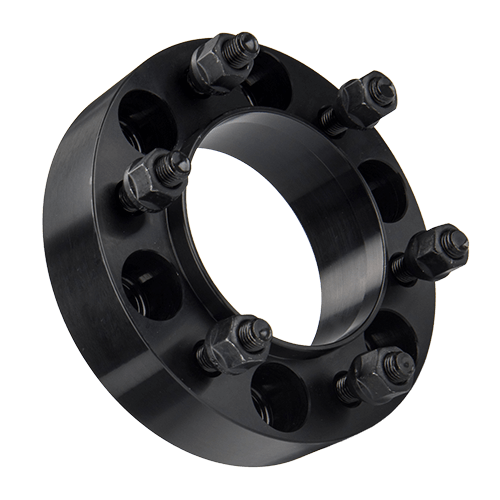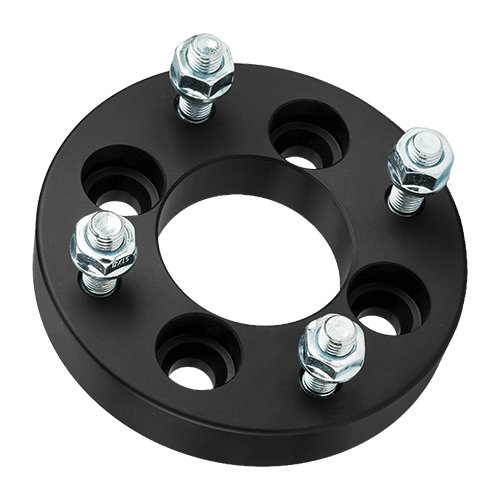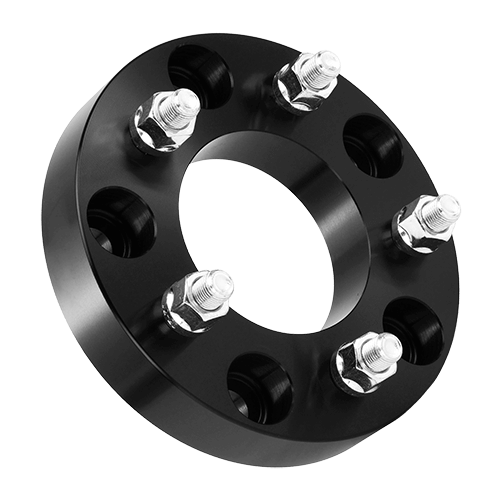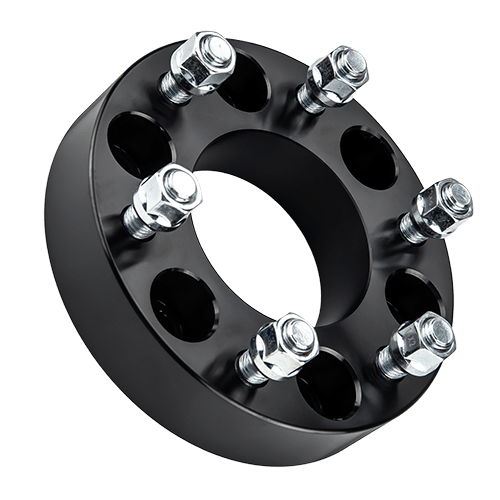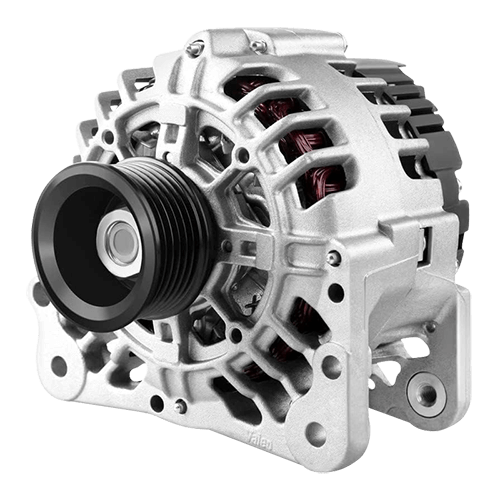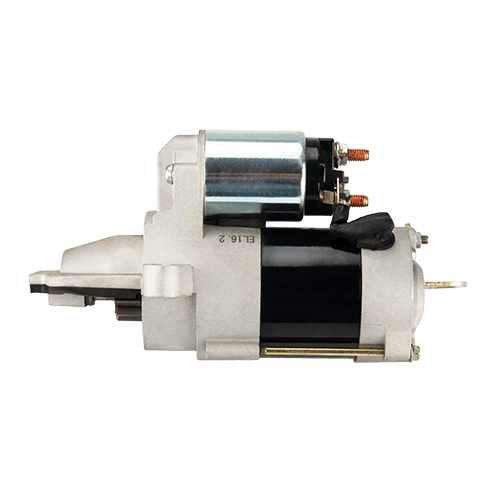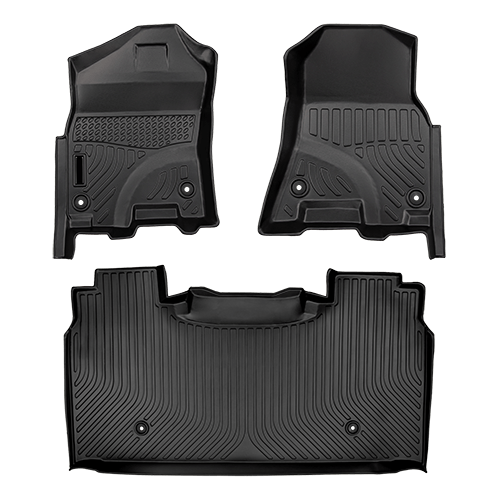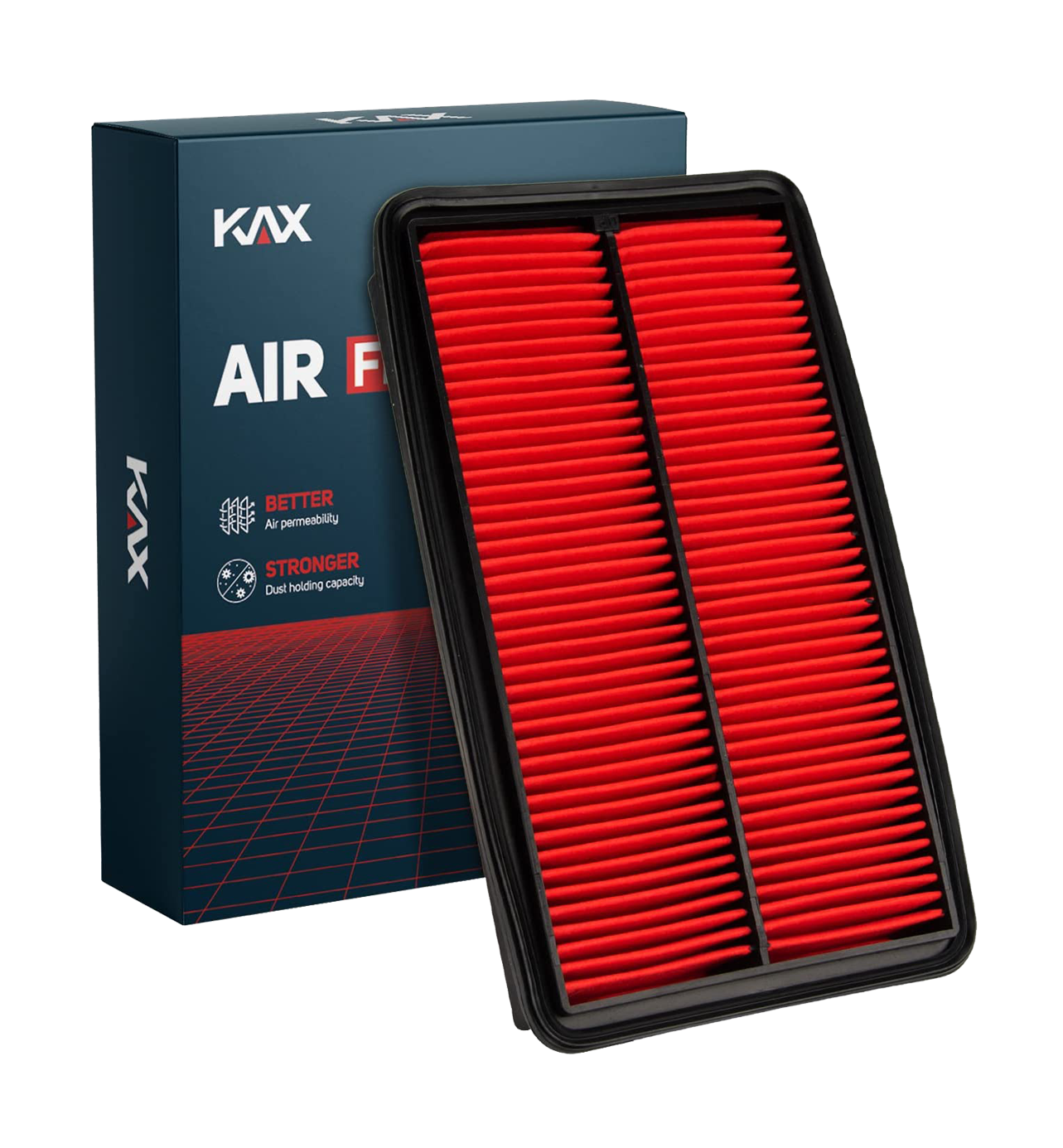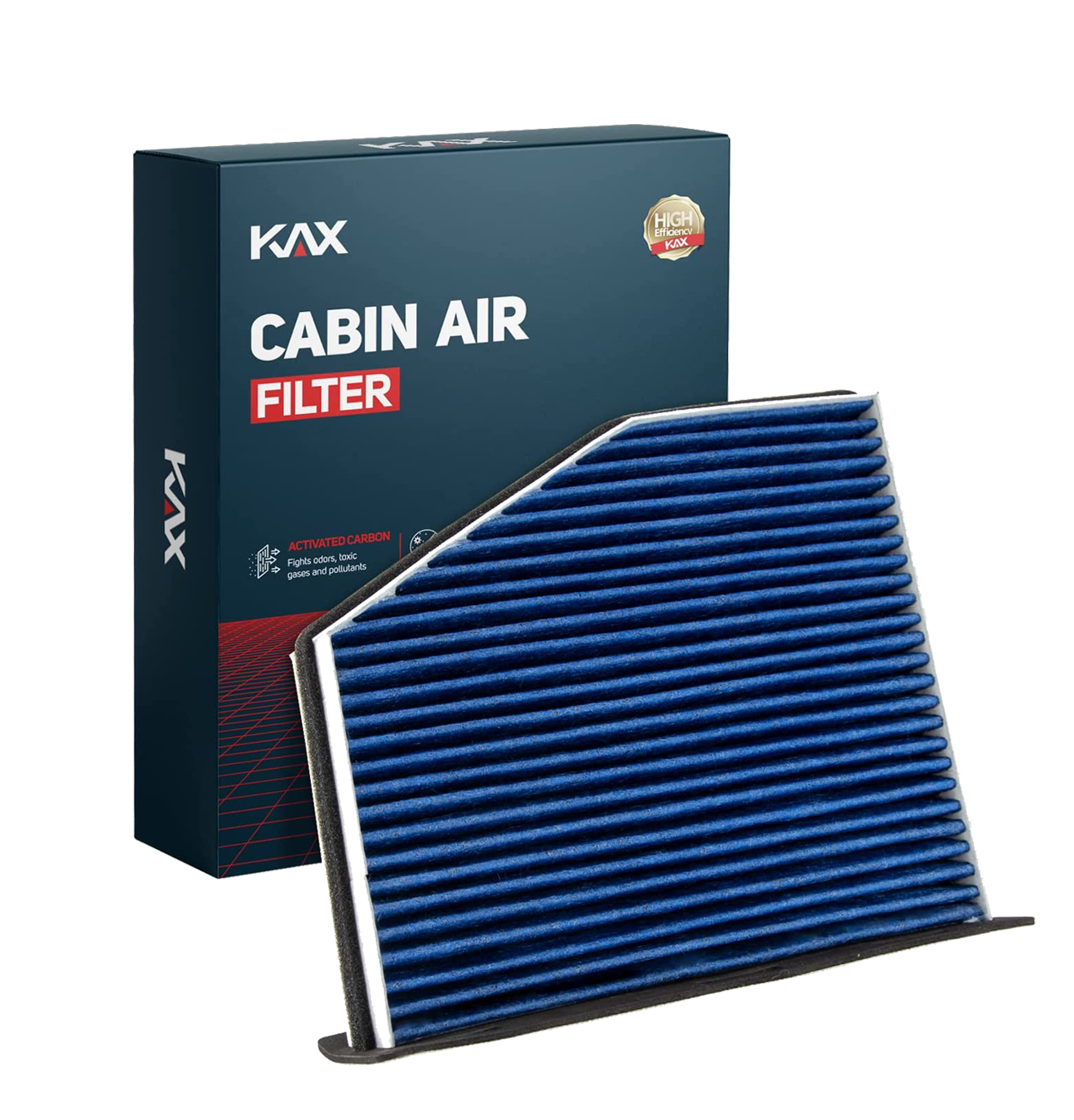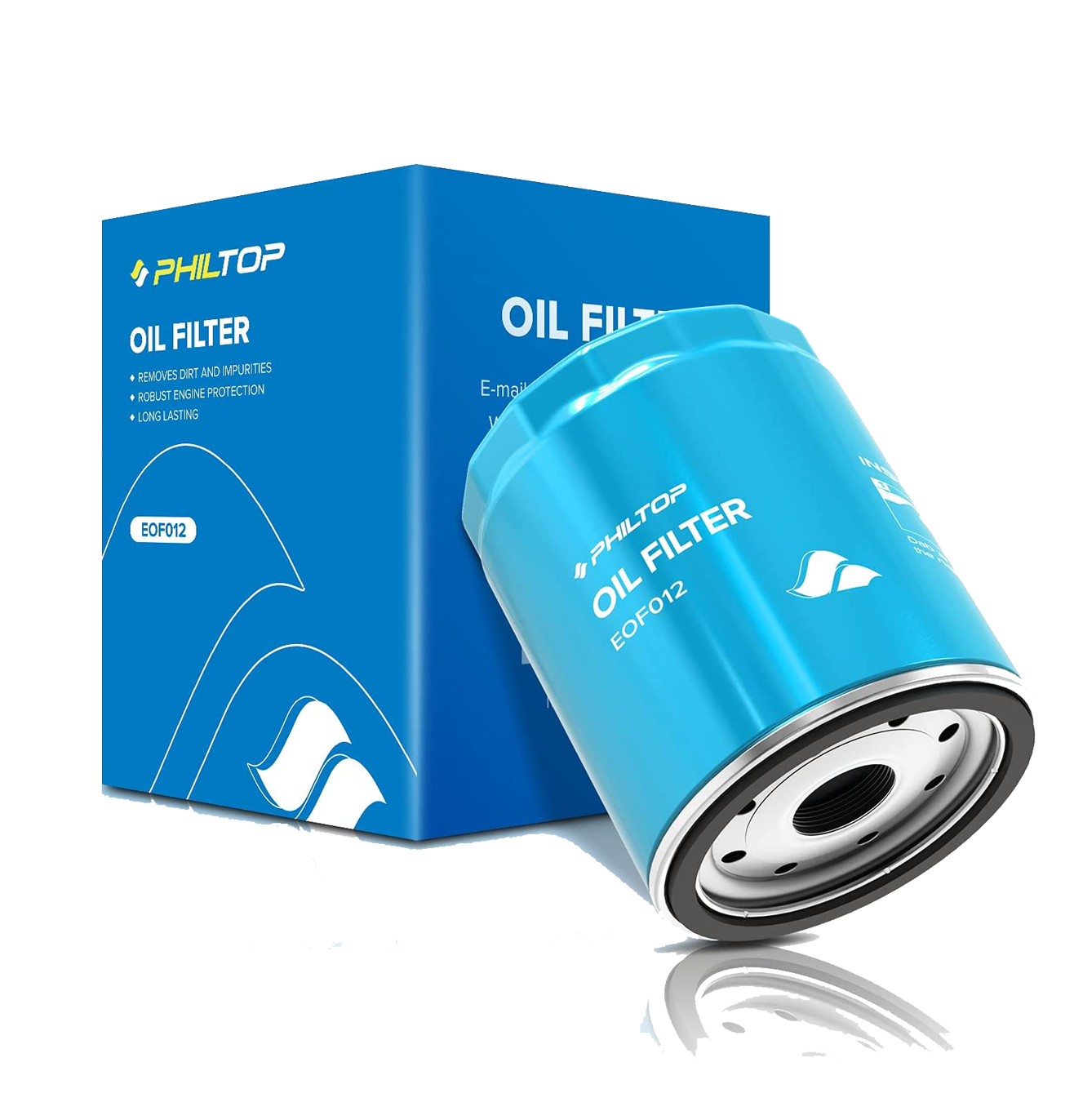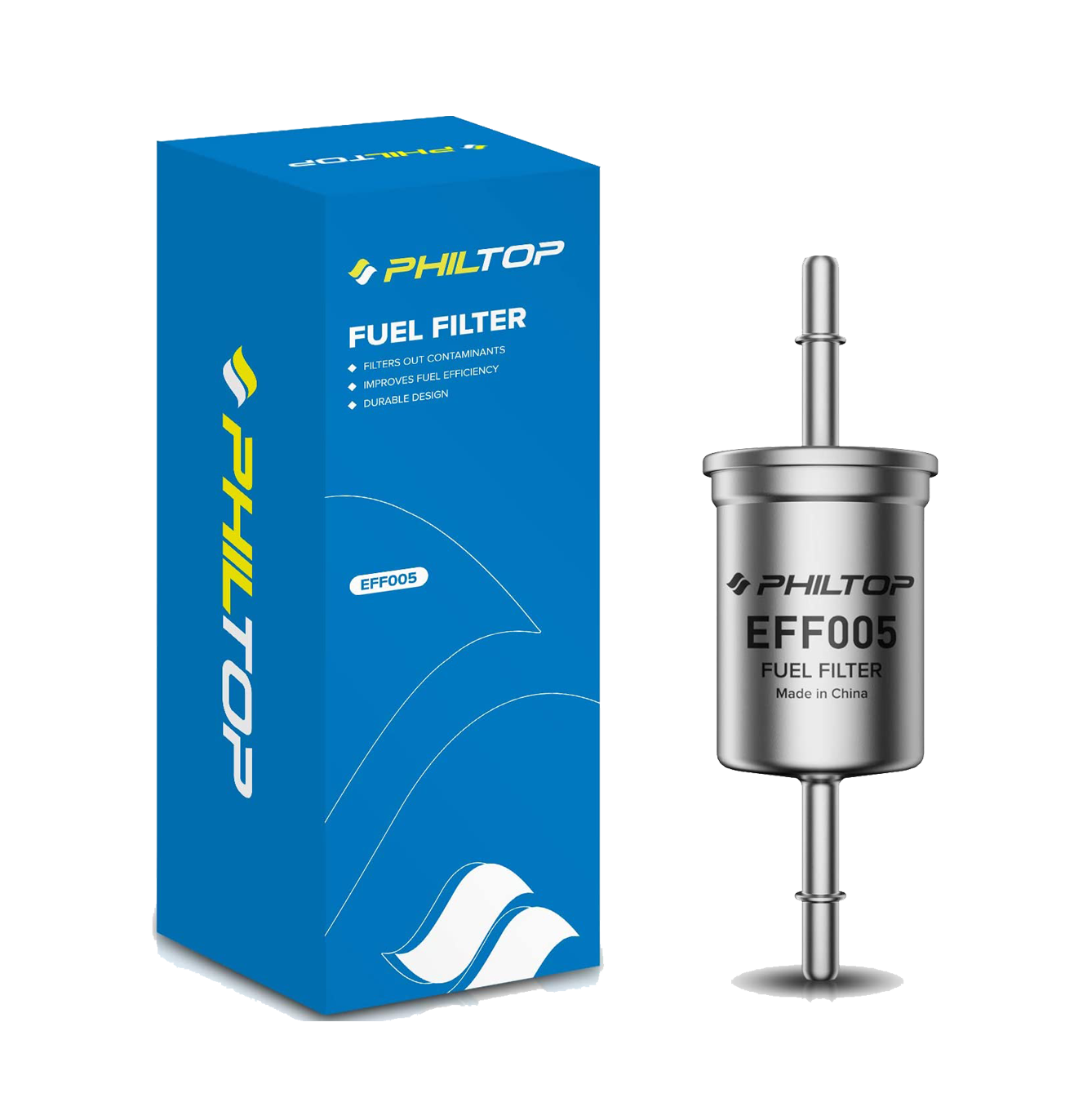Your vehicle’s cabin air filter might not be the first thing on your maintenance checklist, but it plays a crucial role in ensuring the quality of air you and your passengers breathe. Over time, this small but essential component can become clogged with dirt, debris, and allergens, affecting both air quality and your vehicle's HVAC system performance. So how often should you change your cabin air filter? Let’s break it down in detail and help you make an informed decision.
What Is a Cabin Air Filter and Why Is It Important?
The cabin air filter is a part of your car’s HVAC (heating, ventilation, and air conditioning) system. Its primary purpose is to filter out pollutants such as dust, pollen, mold spores, and other airborne particles before they enter the vehicle's interior. Some higher-end filters can even trap odors and harmful gases, providing a cleaner and healthier environment inside the car.
A clean cabin air filter not only improves air quality but also ensures your HVAC system operates efficiently. A clogged filter, on the other hand, can reduce airflow, put additional strain on the HVAC motor, and potentially lead to costly repairs.
How Often Should You Change Your Cabin Air Filter?
Manufacturer Recommendations
Most vehicle manufacturers recommend replacing the cabin air filter every 12,000 to 15,000 miles or approximately once a year, whichever comes first. However, this can vary depending on the make and model of your vehicle, so it’s always a good idea to consult your owner’s manual for specific guidance.
Factors That Affect Replacement Frequency
While manufacturer guidelines provide a good baseline, several factors can influence how often you should change your cabin air filter:
1. Driving Conditions
If you frequently drive in urban areas with heavy traffic, your cabin air filter is likely exposed to higher levels of vehicle exhaust and pollutants. Rural or dusty environments, such as dirt roads or construction zones, can also clog the filter more quickly with debris and dust.
2. Seasonal Changes
Spring and early summer bring increased pollen levels, which can block your cabin air filter faster if you’re prone to allergies or live in a region with high pollen counts. Fall can also contribute to filter clogging due to leaf debris that may get sucked into the system.
3. Personal Sensitivities
If you or your passengers suffer from allergies, asthma, or respiratory issues, it’s wise to replace the filter more frequently. A clean filter can help reduce allergens and improve air quality inside the car.
4. HVAC Performance
If you notice reduced airflow through your vents, unusual odors inside the car, or increased noise from the HVAC system, it could be a sign that your cabin air filter needs replacement sooner than expected.
Signs That Your Cabin Air Filter Needs Replacement
Even if you’re not sure when the filter was last changed, there are some clear signs that indicate it’s time for a replacement:
Reduced Airflow: A clogged cabin air filter can restrict airflow through your vents, making it harder to heat or cool the interior of your car. If your HVAC system is struggling, the filter might be to blame.
Unpleasant Odors: A dirty or moldy cabin air filter can emit musty or foul smells, which become noticeable as air flows through the vents.
Increased Allergies or Respiratory Issues: If you or your passengers experience more frequent allergy symptoms while driving, it could be due to a filter that’s no longer effectively trapping pollen and allergens.
Visible Dirt or Debris: If you inspect the filter and see it is visibly dirty, clogged, or covered in debris, it’s time for a new one.
Fogged Windows: A reduced ability to clear fog or condensation from your windows might indicate that your HVAC system isn’t working efficiently due to a dirty cabin air filter.
Final Thoughts
Changing your cabin air filter regularly is a simple yet crucial step in maintaining your vehicle and ensuring a healthy, comfortable interior environment. While the general recommendation is every 12,000 to 15,000 miles, factors such as driving conditions, seasonal changes, and personal sensitivities may require more frequent replacements. Keep an eye out for signs like reduced airflow or unpleasant odors, and don’t hesitate to inspect and replace the filter as needed.
By staying proactive about your cabin air filter, you’ll not only improve the air quality inside your car but also keep your HVAC system running smoothly for years to come.

